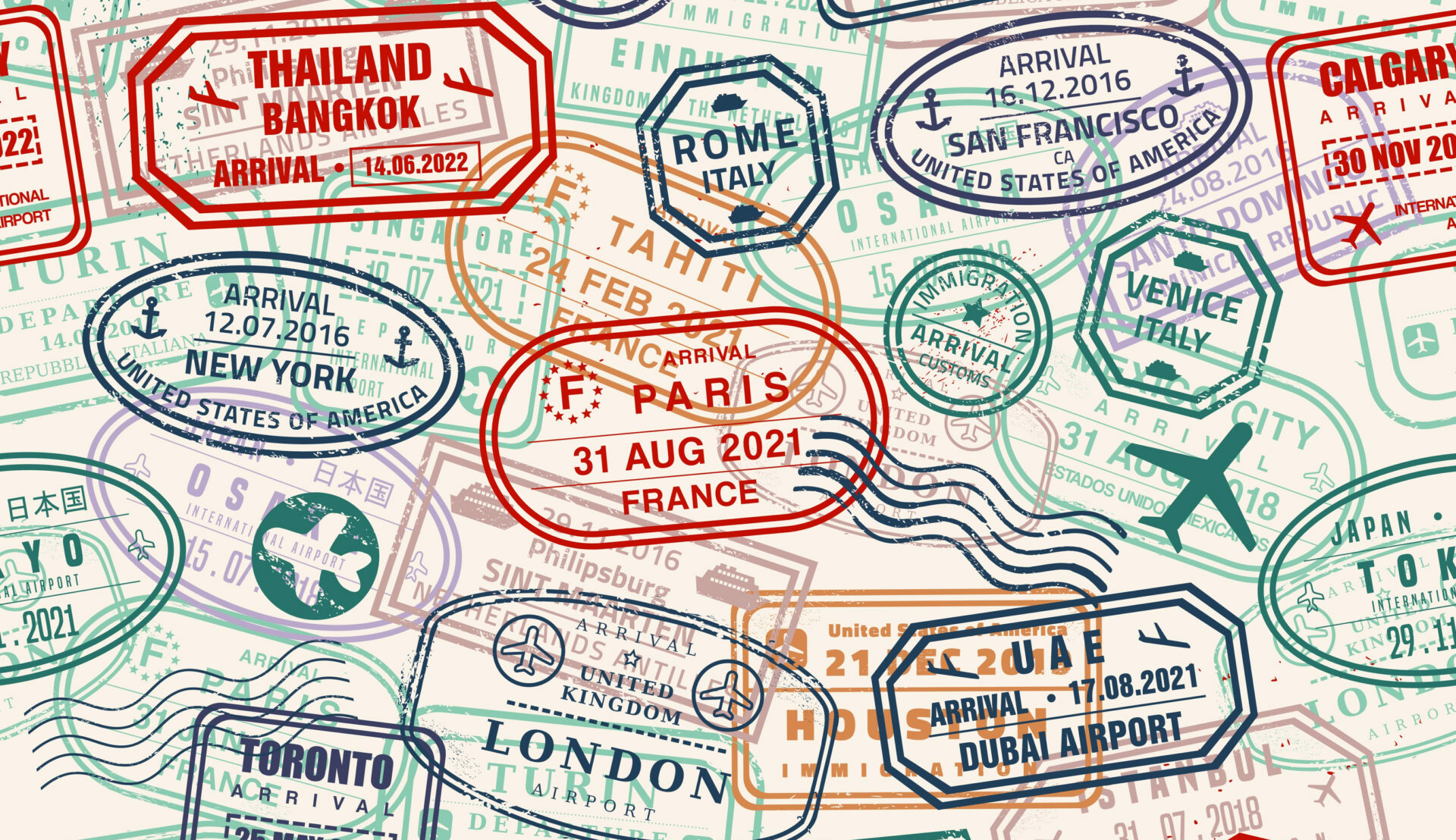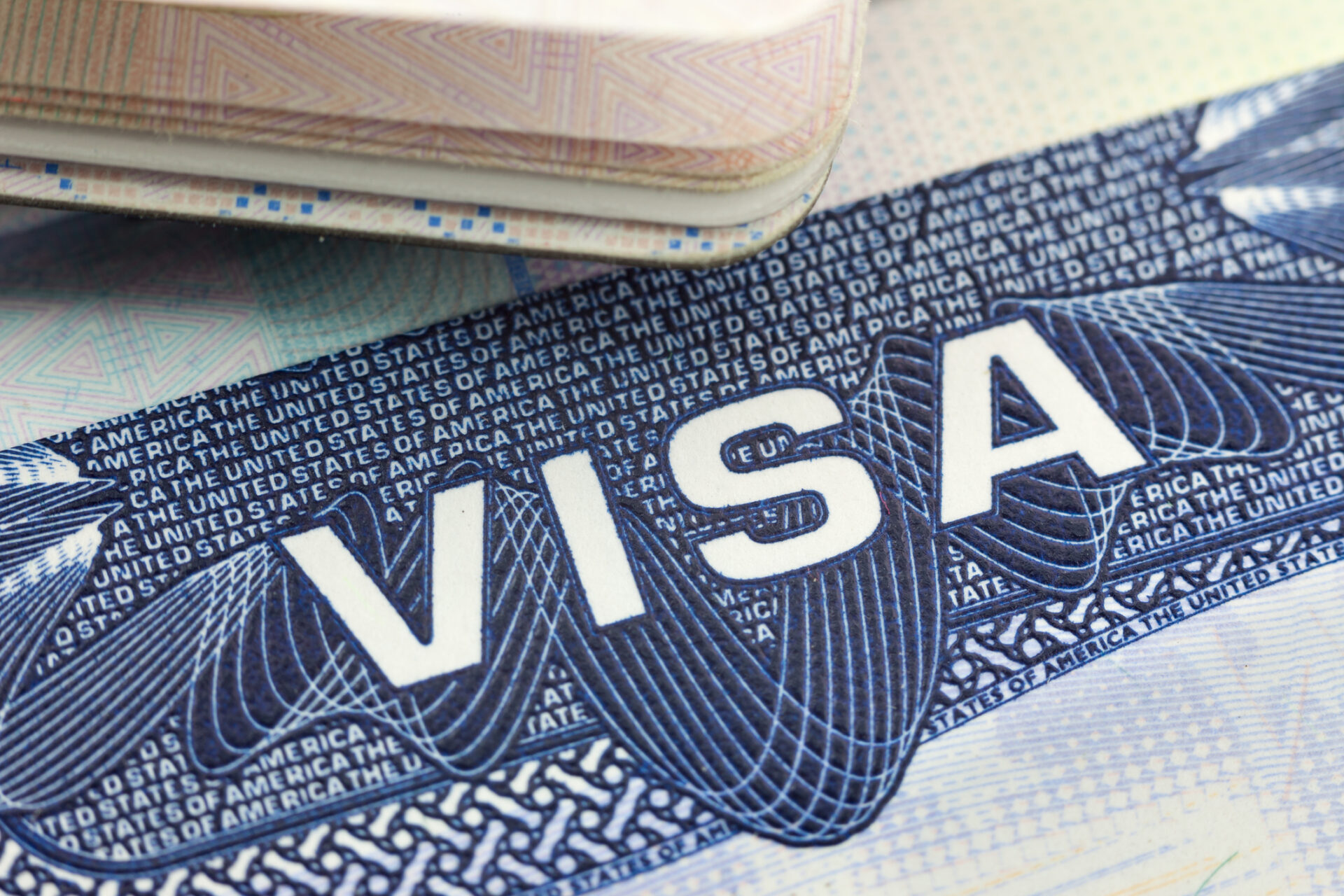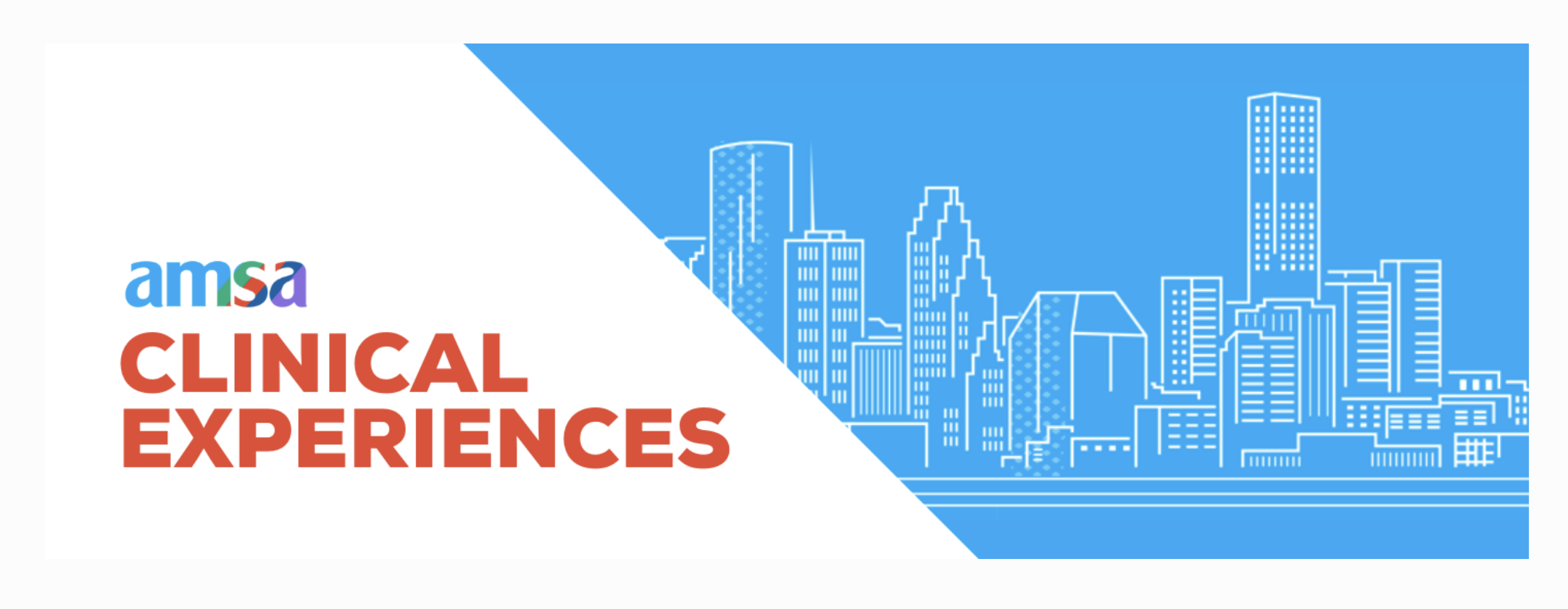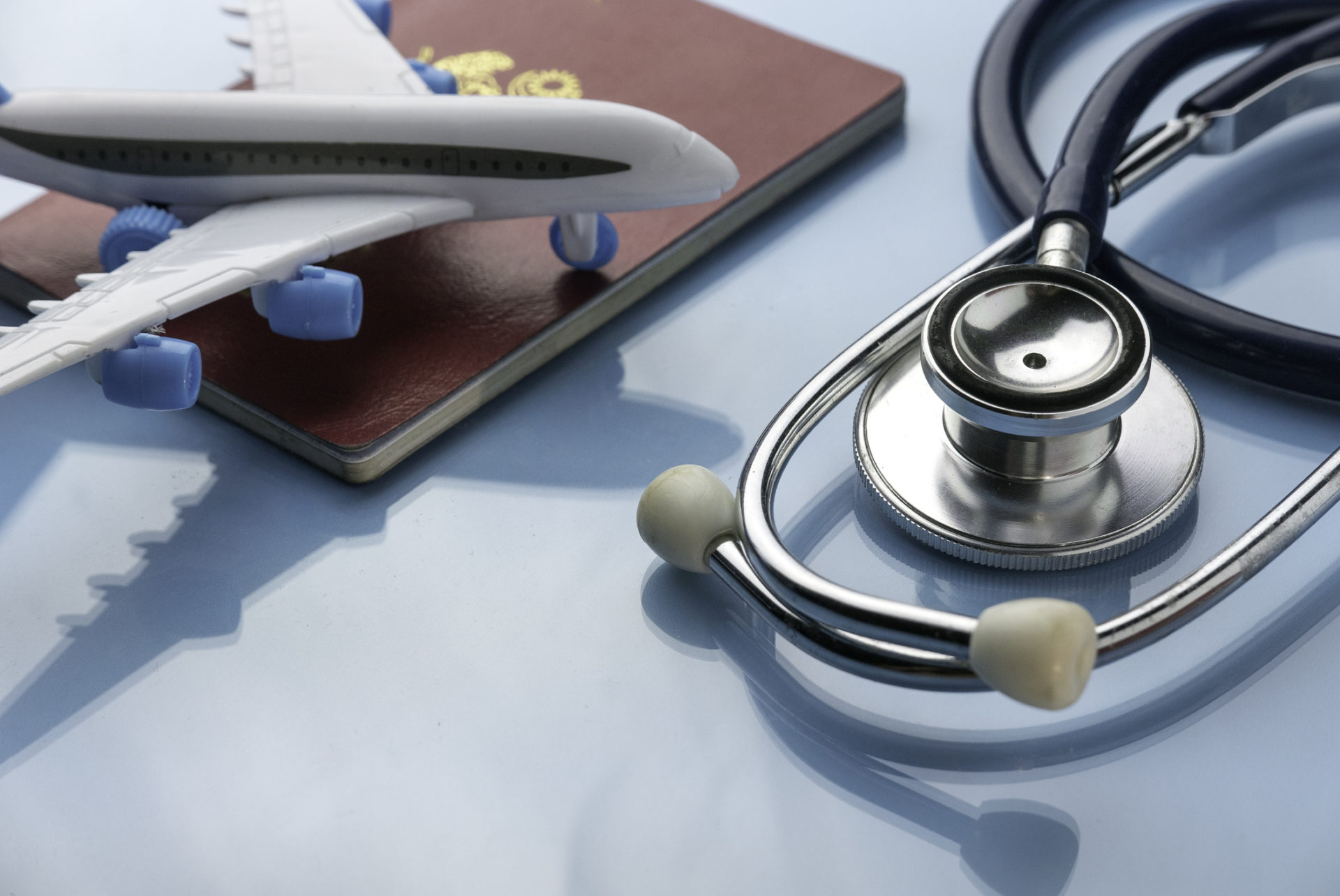If you’re considering traveling to the U.S. clinical experience, you may have noticed that U.S. visa wait times are long. We sat down with the AMO Coaches to help answer popular questions about overcoming the obstacle and help you secure a visa.
Read the Q&A below!
As an AMO Coach, can you explain how you help trainees obtain a visa?
We provide guidance on the completion of the DS-160 form for a B visa. We also generate a visa invitation letter for the visa interview after a trainee has secured a visa interview date and submitted some eligibility documents.
If a visa meeting needs to be expedited, we can request a support letter for expedited/emergency visa appointments, if applicable for that embassy/consulate location.
Related: ICYMI: Recapping the Visa Wait Times and the Expedited Visa Process Webinar
When should a candidate begin the visa process?
The US Embassy is experiencing longer wait times for visa interviews. We recommend scheduling your visa interview as soon as possible. AMO provides support for a B-1 visa, but trainees are welcome to apply for a B-1/B-2 visa. The B-2 aspect does not require an invitation letter. A reservation is required, along with a valid passport, an authorization letter from a school dean, or for graduates, a copy of your medical degree, and your visa interview date. You may check visa wait times here: Visa Wait Times
What options does a student have if the wait time for a visa appointment is longer than their timeline?
Many US Embassy/Consulate locations offer the opportunity to request an expedited visa appointment. We can write trainees a support letter for the expedited visa appointment request which can help in securing an earlier date for the visa appointment. This is not guaranteed, but many of our trainees have been successful with our support letter. Read more by visiting www.ustraveldocs.com > select the country where you are applying > Nonimmigrant Visas > Apply for an expedited appointment
Otherwise, other visa applicants will sometimes cancel their interview dates, opening up that appointment slot which can be taken on a first-come, first-served basis.
If an expedited visa appointment is rejected, with documentation of the rejection we can reschedule the clinical experience without penalty.
What common obstacles do you see during the visa process? What tips or suggestions do you have for a trainee that might help avoid these obstacles?
As mentioned above, one of the biggest obstacles we see–especially since COVID-19– is that visa wait times have been very long. This is due to a huge backlog consulates are facing with visa interviews.
While wait times have been long, some embassy and consulate locations have longer wait times than others–even within a single country. You can use this tool to search wait times at all embassies or consulates in your country.
Long wait times make it important to be ready for your visa interview appointment when it comes. Some tips we have for making sure your appointment is successful are:
- Apply early
- Secure a visa appointment near the beginning of the month
- Gather as much relevant supporting documentation as possible for the visa interview
- Be honest in the interview
- Be prepared to prove ties to your country (use this resource for more information)
What can a trainee do to get ready for their rotation while waiting for their visa?
You should continually be working towards completing all required documents as soon as possible. For in-person clinical experiences, we recommend scheduling appointments to complete the required serologies and immunizations.







Leave A Comment